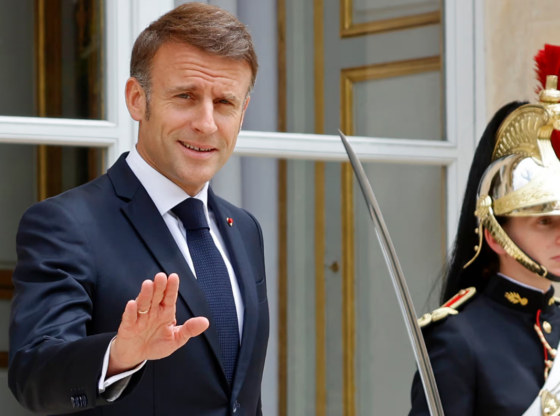Sophie Montanari, 37, a shop worker married to a plumber and mother of three young children, expressed her concerns about the rising cost of living in Paris. Emerging from the Métro at Notre Dame de Lorette, she emphasized the financial strain her family faces, which has intensified since the pandemic. Montanari, who recently returned to full-time work due to financial pressures, remarked on the increased expenses for essentials like electricity, gas, and basic groceries such as pasta.
The upcoming snap election called by Emmanuel Macron has heightened political tensions amidst economic uncertainty. Voters, disillusioned with the state of the French economy, are shifting their support away from centrist parties towards both left and right-wing alternatives. Anti-government sentiment is palpable, reflecting widespread discontent with economic challenges exacerbated by the pandemic and energy price shocks.
Assib Hamadi, 45, a deputy hotel manager, voiced his dissatisfaction with Macron’s handling of the cost of living crisis. He cited rising utility costs and inflation as primary concerns influencing his decision not to support Macron’s party in the upcoming elections. Hamadi, like many voters, feels that the government has not done enough to alleviate financial burdens on ordinary citizens.
Amidst these concerns, polls indicate that the cost of living remains the top priority for French voters. Recognizing this, major political contenders including National Rally (RN), the left-green New Popular Front (NFP) alliance, and Macron’s Renaissance have all pledged measures to address economic hardships and provide relief to struggling households.
